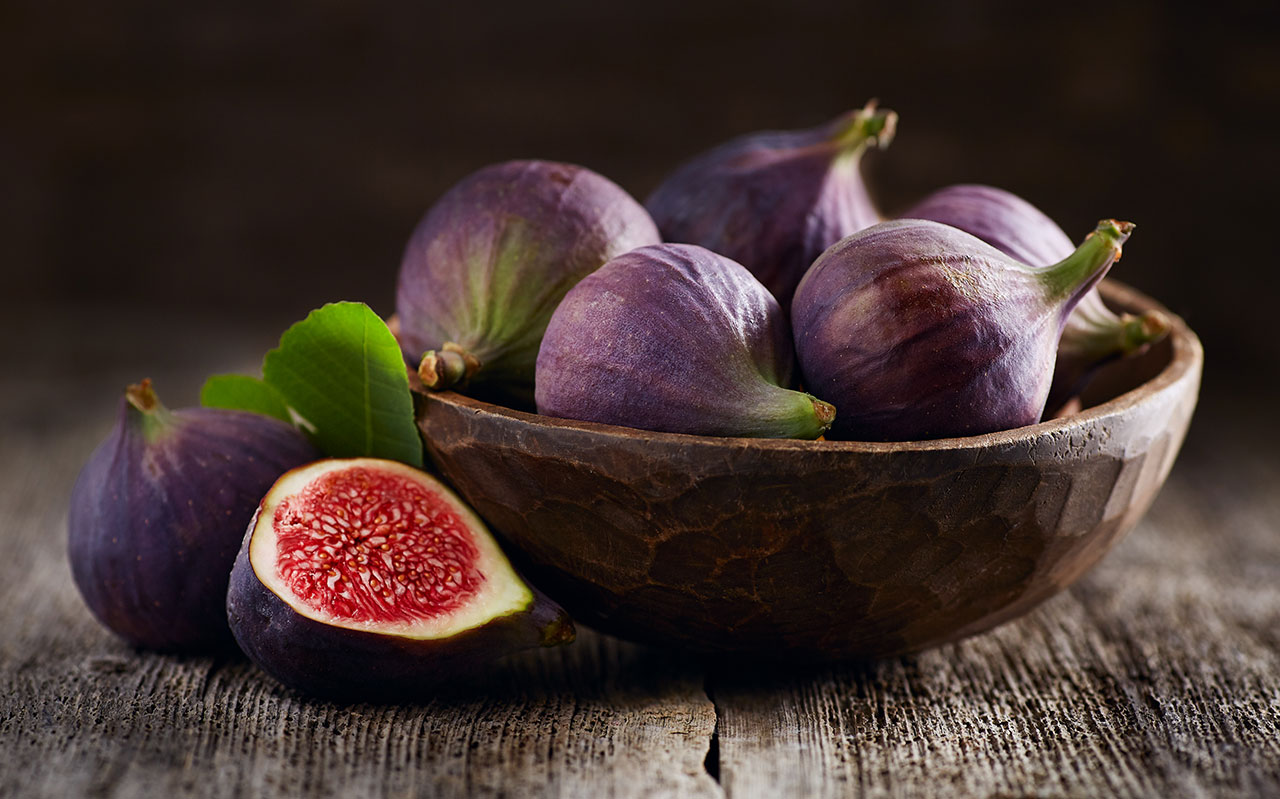
Throughout the Bible, various plants, trees, and herbs are mentioned, each holding significant symbolic or practical importance.
by John Bagnasco
For those with a spiritual inclination, cultivating a garden inspired by the Bible can be a profound way to connect with these ancient scriptures. Here are some notable plants from the Bible and how you can grow them in your own garden.
For those with a spiritual inclination, cultivating a garden inspired by the Bible can be a profound way to connect with these ancient scriptures. Here are some notable plants from the Bible and how you can grow them in your own garden.
Figs are frequently mentioned in the Bible, from Adam and Eve using fig leaves for clothing in Genesis to Jesus cursing a barren fig tree in the New Testament. The trees prefer a sunny location with well-draining soil. They can tolerate occasional droughts but appreciate regular watering during dry spells. Cold hardy varieties can be grown down to zone 5.
Olive trees, and their oil, have abundant biblical references, symbolizing peace, prosperity, and God’s blessing. Olives thrive in full sun and well-draining soil. They’re drought-resistant once established but will produce more olives with consistent watering.
The pomegranate is often linked with fertility and abundance in the Bible. It’s one of the seven species brought to the Promised Land. Pomegranates love full sun and can tolerate drought, though regular watering will yield juicier fruits.
Hyssop (Hyssopus officinalis) was used for purification rituals in the Old Testament. Plant hyssop in full sun or partial shade. This herb prefers well-draining soil and can withstand some drought. Mustard (Brassica nigra) thrives in cooler weather. Plant seeds in early spring or late summer. They prefer full sun and moderately fertile soil. Jesus used the mustard seed in parables to signify faith Aloe (Aloe vera) mixed with myrrh, was used to anoint Jesus’ body after the crucifixion. Aloe vera prefers sunny locations and well-draining soil. Water deeply but infrequently.
Creating a biblical garden is more than just an act of cultivation; it’s a journey through time and spirituality. As you tend to these plants, you’re not only growing a garden but also deepening your connection to ancient scriptures and traditions. Whether you’re doing it for spiritual reasons or simply appreciate the historical and botanical significance, a biblical garden is a testament to the timeless connection between nature and scripture.

About The Author
John Bagnasco has been in the gardening industry for over 50 years, starting with a horticulture degree from Michigan State University and following a stint at Frank’s Nursery and Crafts in Detroit.
After publishing his first book “Plants for the Home Vol. I” in 1976, he moved to California to become regional manager and buyer for the Nurseryland division of Sunbelt Nursery Group.
He then became the head buyer for Armstrong Garden Centers based in Glendora, California. John had a part-time affiliation with Creative Promotions for ten years before joining them full-time in October 2000 as a senior editor and radio personality for Garden Compass.
John has also taught horticulture classes at Palomar College and San Diego State University.
He is the host of the DVD “The Essential Guide to Roses,” which also features Bryan Main and Bruce and Sharon Asakawa.
His most recent book is “Planting Designs for Cacti and Succulents”.
Currently, John is a co-host on “Garden America,” an interactive live gardening show that additionally provides podcasts of the broadcasts accessible on all major platforms.
You can contact John here.
